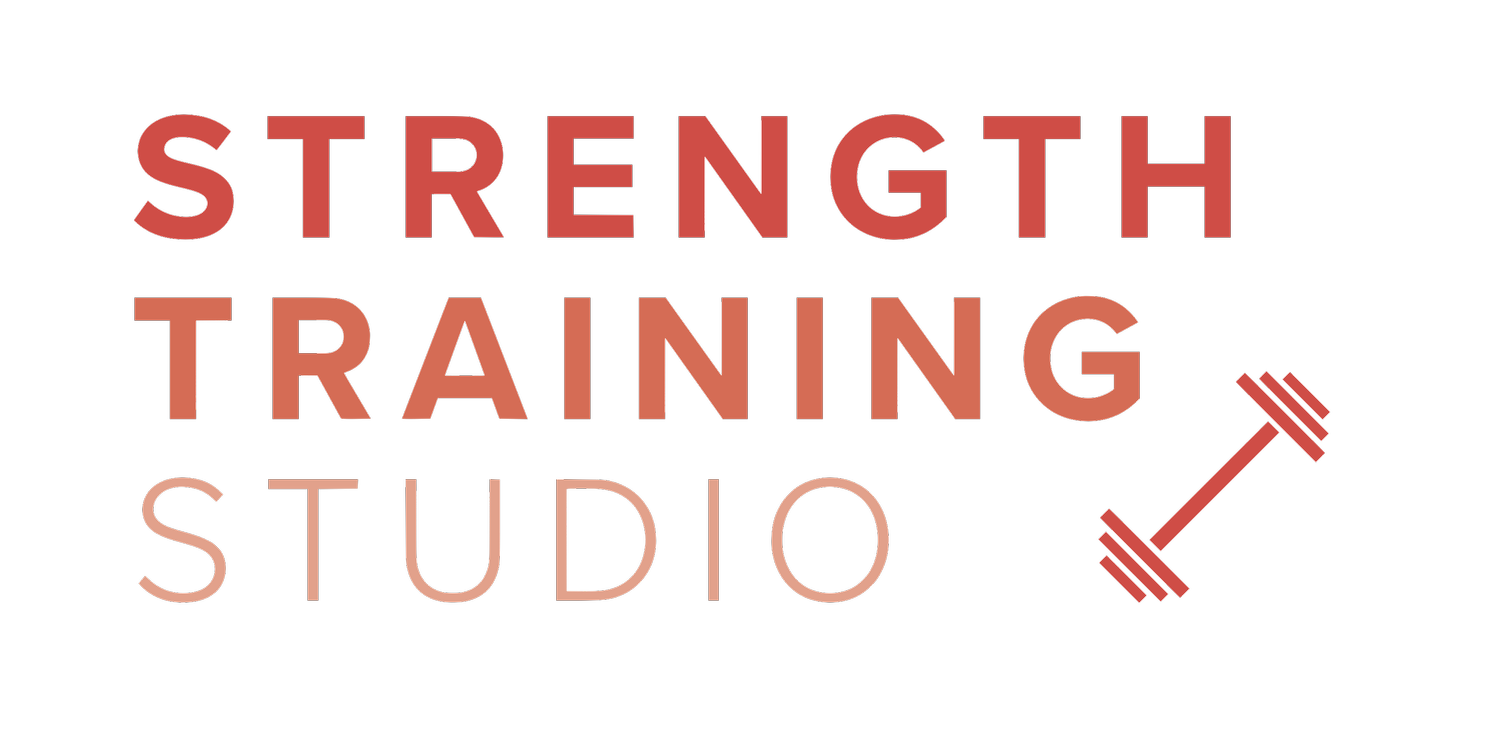Are You Fully Recovered?
Strength training is a fantastic way to improve your physical health and overall well-being. However, it's crucial to understand that true progress happens not just during your workouts, but also during your recovery periods.
Signs of Incomplete Recovery:
Lingering Muscle Soreness: Delayed Onset Muscle Soreness (DOMS) is common after a strenuous workout, but if it persists for an extended period, it may be a sign of inadequate recovery.
Decreased Performance: If you notice a consistent decline in performance, such as reduced strength, endurance, or agility, it could indicate that your body hasn't fully recuperated.
Mood and Energy Levels: Pay attention to your mood and energy levels. If you're feeling excessively fatigued, irritable, or lacking motivation, it may be a sign of overtraining.
Sleep Disruptions: Difficulty falling asleep or staying asleep, as well as feelings of restlessness during the night, can be indicative of inadequate recovery.
Increased Susceptibility to Injury: If you find yourself getting injured more frequently, it could be a signal that your body hasn't had enough time to repair and rebuild.
Optimising Recovery:
Prioritise Sleep: Aim for 7-9 hours of quality sleep per night. Sleep is crucial for muscle repair, hormone regulation, and overall recovery.
Nutrition and Hydration: Ensure you're getting a balanced diet rich in protein, complex carbohydrates, healthy fats, vitamins, and minerals. Hydration is equally important for optimal recovery and its suggested you consume an extra litre for every hour of exercise.
Active Recovery: You can try to engage in low-intensity activities like walking, yoga, or light stretching on rest days to promote blood flow and aid in muscle recovery.
Listen to Your Body: Pay attention to how your body feels. If you're feeling exceptionally fatigued or sore, consider adjusting your training intensity or taking an extra rest day.
Manage Stress: Practice stress-reducing techniques such as meditation, deep breathing, or mindfulness to help your body recover both mentally and physically.
By recognising the signs of incomplete recovery and implementing practical strategies to enhance your recovery process, you'll be better equipped to make consistent progress towards your fitness goals.
Remember, it's not just about how hard you train, but how effectively you recover that truly matters.
